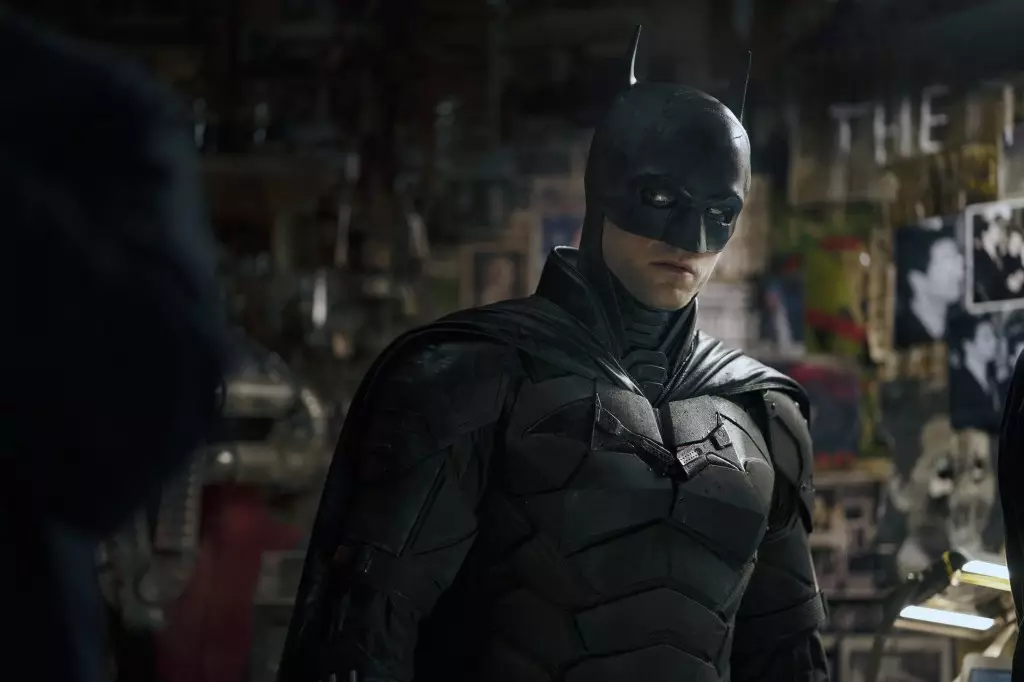Warner Bros is undergoing a significant realignment of its film release calendar as the holiday season draws to a close. This shift appears to be a tactical maneuver to reshape its film slate for 2027 and beyond, beginning with changes to highly anticipated titles. The highlight of this adjustment is the postponement of Matt Reeves’ sequel to The Batman, which has been moved from its original release date of October 2, 2026, to October 1, 2027. This decision has implications that resonate throughout Warner Bros’ strategy moving forward.
The Batman Sequel: A New Timeline
The delay in The Batman sequel’s production, which is set to commence in late summer, is not entirely unexpected given the extensive visual effects work that such a project entails. By targeting an October 2027 release, Warner Bros allows ample time for production and post-production, ensuring that the sequel can live up to the high expectations set by its predecessor. The first film was a pivotal moment for the studio as it was the first major release that graced theaters following the pandemic, raking in $369.3 million domestically and $772 million worldwide. Such impressive numbers have set the stage for heightened anticipation for the sequel, making the extended release timeline a calculated risk worth taking.
Interestingly, the weekend of October 1, 2027, had always been earmarked by Warner Bros for a DC release. This continuity signals that the company remains committed to its superhero legacy while also further developing its universe. The integration of Imax screens suggests an emphasis on the visual spectacle that fans have come to expect from such films, making it clear that the studio is dedicated to delivering a blockbuster experience.
Taking over the vacant October 2, 2026, release slot is an untitled film directed by Alejandro González Iñárritu, starring Tom Cruise. This acquisition highlights Warner Bros’ strategy of investing in high-profile talent to draw audiences. The film’s plot, which revolves around a powerful man’s scramble to save humanity from the catastrophe he has wrought, provides a sense of urgency that can grip viewers’ imaginations. The supporting cast, which includes notable names like Sandra Hüller and Jesse Plemons, further elevates expectations for the film.
This project is unique in that it stands as the only major studio wide release scheduled for that date, making it a potential blockbuster. By positioning this film against a background of high expectations from audiences, Warner Bros is aiming not only to fill the vacancy left by The Batman sequel but also to solidify its position as a leader in box office dominance during a competitive period.
In this reconfiguration, multiple titles have also seen changes in their release dates. Bong Joon Ho’s Mickey 17 will now hit theaters on March 7, 2024, suggesting an effort to enhance its visibility within the Imax format. Given Joon Ho’s previous success with Parasite, the decisions surrounding Mickey 17 seem to point towards maximizing audience reach and anticipation.
On the other hand, Ryan Coogler’s Sinners has moved into Mickey 17’s original Easter slot of April 18, 2024. This position is strategically advantageous as it capitalizes on a historically successful release period for Warner Bros, highlighted by the record-breaking Batman V. Superman opening in 2016. The film, focused on twin brothers returning to a dark chapter of their lives, is marketed alongside other intriguing independent titles, indicating a diversified release strategy that showcases a blend of big-budget blockbusters and independent films.
Overall, Warner Bros’ strategic changes reflect an astute understanding of the cinematic landscape, allowing for not just a continuation of its successful franchises but also the introduction of new projects from acclaimed directors and stars. By carefully manipulating release dates and ensuring that their films receive sufficient promotional time, the studio is trying to navigate the complexities of an industry that is slowly recovering from disruptions caused by the pandemic. This recalibration presents an opportunity for Warner Bros to assert itself as a dominant force in the coming years while giving audiences a plethora of exciting titles to anticipate.

